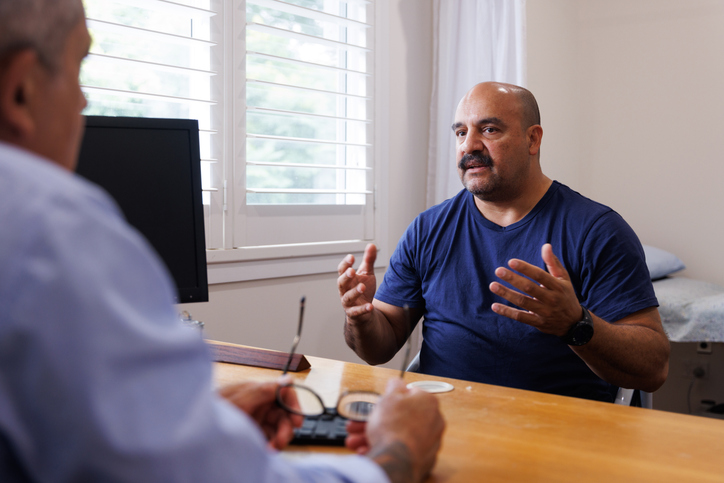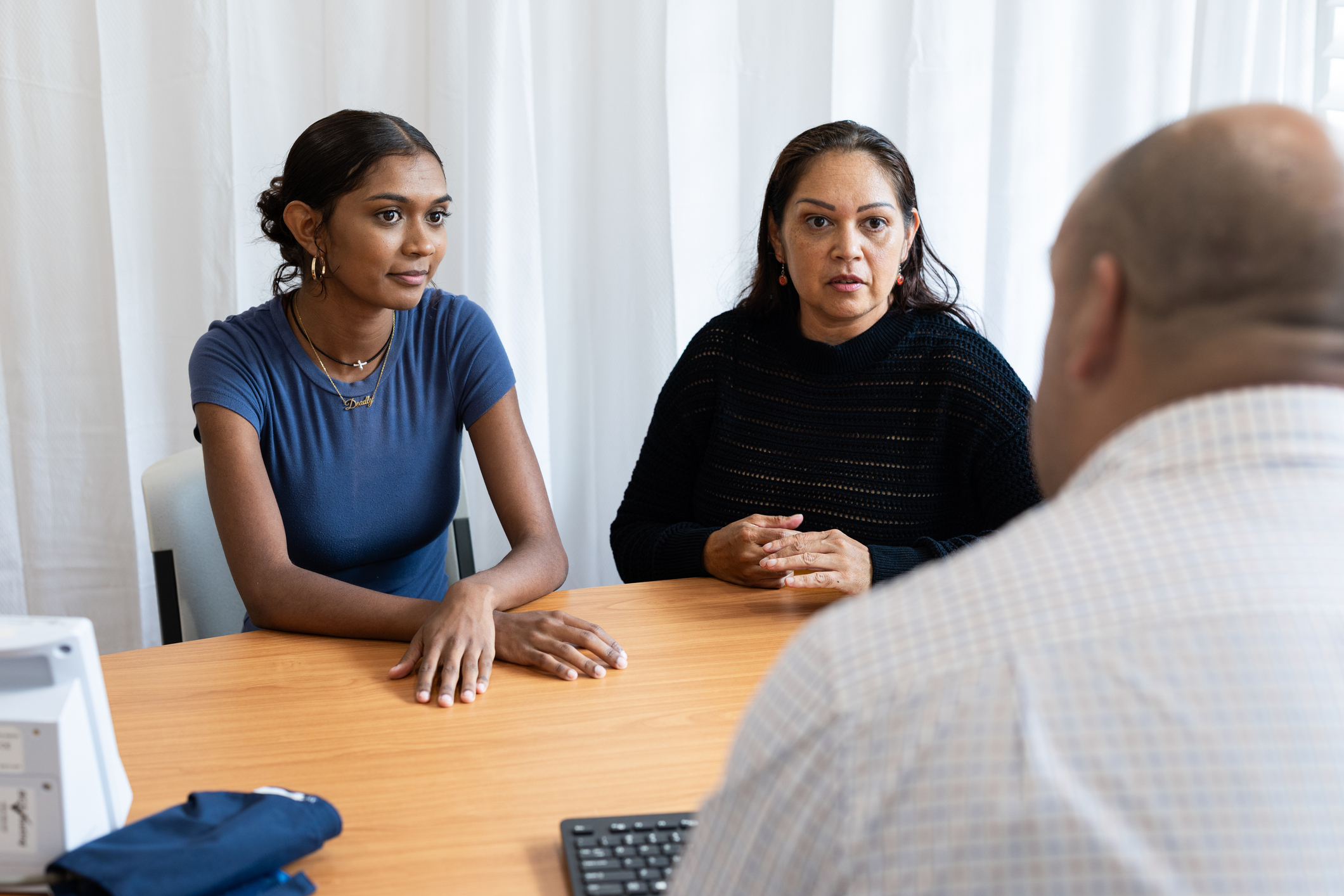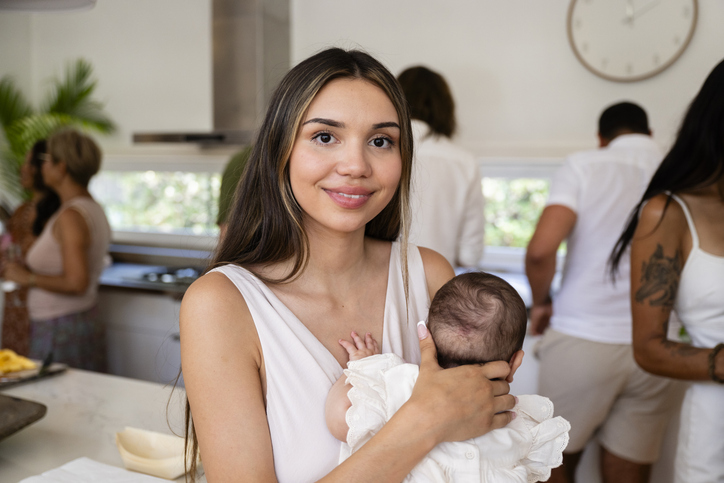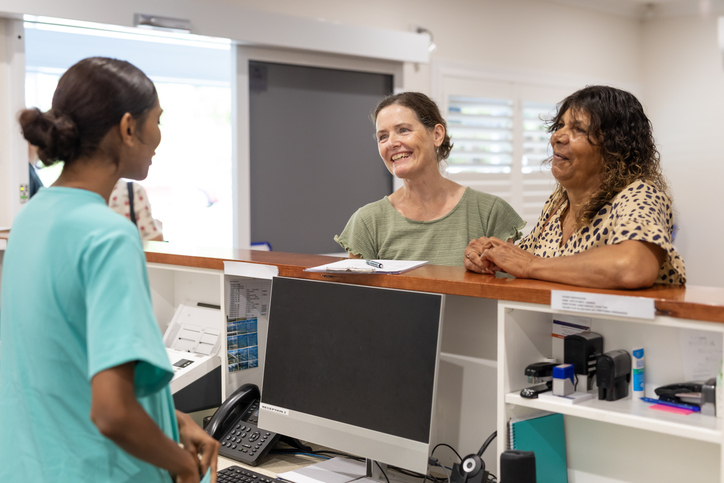We acknowledge the Traditional Owners and Custodians of the lands across which we live and work. We pay our respects to Elders past, present and emerging, and acknowledge Aboriginal and Torres Strait Islander peoples’ continuing connection – both physical and spiritual – to land, sea and sky.
Co-designing culturally safe general practices in South Eastern NSW
COORDINARE commissioned an initiative to reshape how general practices engage with Aboriginal and Torres Strait Islander communities.
Through a co-design approach, five mainstream practices - Rutledge Family Medical Centre, Grand Pacific Health (Nowra), Illawarra Medical Services, Goulburn Health Hub, and Narooma Medical Centre – have partnered with Aboriginal consumers and staff to create culturally safe, welcoming environments that honour identity, build trust, and improve health outcomes.
Launched in July 2021 and extended through mid-2024 due to COVID-19 disruptions, the project aimed to:
Stories of change and connection
-

‘Walking his own way’ tells the story of a proud Yuin Nation man who chose a preventative path to manage his diabetes, advocating for diet and lifestyle changes over medication. His involvement in co-design consultations led to visible changes in his clinic – local Aboriginal artwork, culturally designed staff uniforms, and a more respectful, relationship-based approach to care.
-

‘Positive change and practice trust’ highlights a woman who once avoided GP visits but now attends regularly with her family. “I wouldn’t come before 2021. Now, if I need to, I book and come in,” she said. The shift in staff attitudes – marked by respect and non-judgment – was key to her renewed trust.
-

‘Connection to Country as therapy’ reveals how one GP’s culturally responsive approach transformed a consultation. Instead of defaulting to medication, she asked about the patient’s connection to Country, unlocking a deeper conversation about healing and identity. “That changed my treatment plan,” the GP reflected.
-

'Building confidence with a young mother' shows how a culturally safe environment encouraged a hesitant mother to bring in her baby for a check-up. The team’s respectful and supportive care led her to book follow-ups for her other children, strengthening engagement and improving outcomes.
-

‘Feeling safe and empowered to share identity’ features an Aboriginal receptionist who felt empowered to express her identity at work. Cultural leave, visible symbols of respect, and management support helped her feel heard and valued. “The project made me feel safe and made me feel open to speak out my identity,” she said.
A model for the future
This project exemplifies how listening, respect, and cultural safety can transform healthcare experiences. It affirms that when Aboriginal voices are central to service design, the result is not only better care – but stronger relationships, deeper trust, and lasting change.


